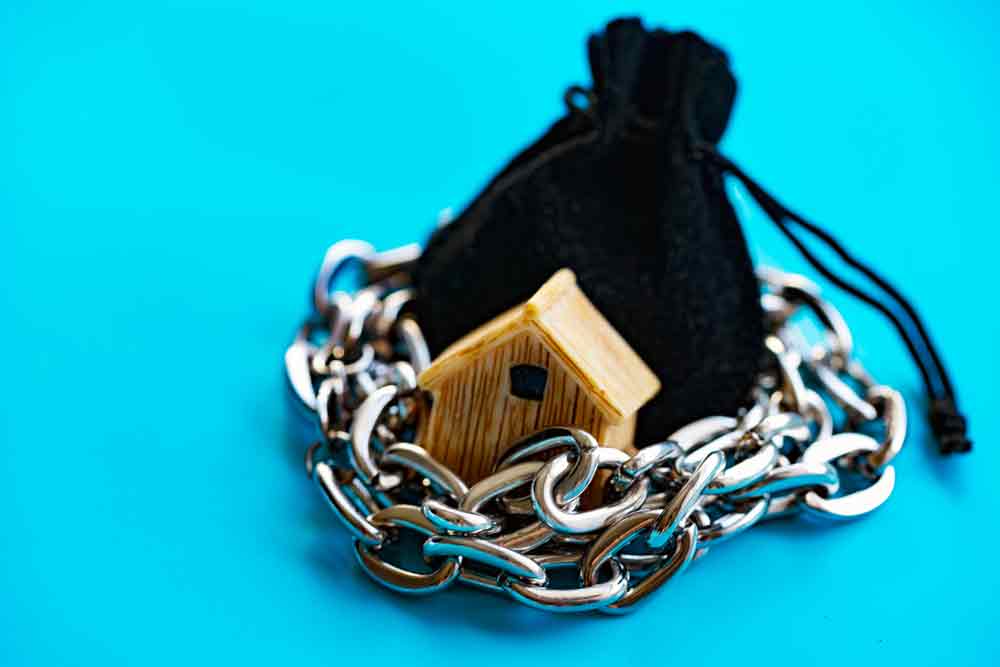
- Lis Pendens – Notice of Litigation
Lis Pendens literally means “suit pending” it is defined as the “jurisdiction, power, or control which courts acquire over property involved in a pending suit (lis pendens).” Medical Facilities Dev., Inc. v. Little Arch Creek Prop., Inc., 675 So.2d 915, 917 (Fla. 1996). A notice of lis pendens filed on the public record warns everyone looking that the title to a certain property is in litigation, usually for a lien on that property.
-
What Does a Lis Pendens Do in Florida?
 The purpose of a lis pendens is to preserve the property by alerting “creditors, prspective purchasers and others to the fact that the title to a particular piece of real property is involved in litigation” Am. Legion Cmty. Club v. Diamond, 561 So.2d 268.269 n. 2 (Fla. 1990). The doctrine and protections of a lis pendens only take effect once the notice of lis pendens is file in the office of the county clerk in the county containing the property. Fla. Stat. §48.23. The plaintiff in a suit is protected with a lis pendens by reducing the chances that a “bonafide purchaser” will purchase the property and extinguish any equitable claim the plaintiff might have on the property involved. Chiusolo v Kennedy, 614 So.2d 491 (Fla. 1993).
The purpose of a lis pendens is to preserve the property by alerting “creditors, prspective purchasers and others to the fact that the title to a particular piece of real property is involved in litigation” Am. Legion Cmty. Club v. Diamond, 561 So.2d 268.269 n. 2 (Fla. 1990). The doctrine and protections of a lis pendens only take effect once the notice of lis pendens is file in the office of the county clerk in the county containing the property. Fla. Stat. §48.23. The plaintiff in a suit is protected with a lis pendens by reducing the chances that a “bonafide purchaser” will purchase the property and extinguish any equitable claim the plaintiff might have on the property involved. Chiusolo v Kennedy, 614 So.2d 491 (Fla. 1993).
According to Florida Statute Section 48.23, a lis pendens must have a caption with the names of all the parties, the date of the action, description of the property and statement of the relief being sought. There is a Supreme Court approved form, and it should be used.
Lis pendens are only good for up to one year unless the Court extends it for good cause, and if it is not based on a mechanic’s lien or a “duly recorded instrument” such as a deed, then the Court may require payment of a lis pendens bond or may dissolve the lis pendens entirely. Dissolution of the lis pendens is through notice, stipulation or order dismissing the lis pendens and must be recorded.
-
Does it Require a Bond in Florida?
Florida Statute Section §48.23 created two types of lis pendens. The first type is a lis pendens based or “founded” upon a duly recorded instrument or a mechanics lien. For this type of lis pendens the Court cannot require payment of a lis pendens bond. The second type contemplated by section 48.23 is a lis pendens on property in connection with an underlying action not founded on a duly recorded instrument or a mechanics lien. The statute allows Courts to require payment of a lis pendens bond on this type of lis pendens to protect the property holder’s rights just as much as the lis pendens is a vehicle to protect the plaintiff’s rights.
As you can imagine determination of whether a lis pendens in “founded on a duly recorded instrument” or not can become an extremely important issue in a case. Equally important is how to determine the amount of the bond to be set by the Court. In Medical Facilities Development, Inc. v. Little Arch Creek Properties, Inc., the Florida Supreme Court held that it is within the trial court’s discretion whether to require the lis pendens proponents to post a bond and to only do so if the property holder/defendant shows that damages will likely result in the event that the lis pendens is found to have been unjustified. The damages do not have to meet the test of irreparable harm, but then the Supreme Court went further and said that it agreed with Sparks v. Charles Wayne Group, which stated that the use of and reference to “injunctions” in §48.23 was merely to allow the property holder to seek the posting of a bond in order to protect the owner from irreparable harm. Ultimately the amount of the lis pendens bond is left up to the discretion of the lower Court with a caveat that it bears a “reasonable relationship” to the likely damages demonstrated by the defendant. The burden is on the defendant proposing the bond to provide the court with evidence of the amount of potential damages it might suffer, and this includes the attorney’s fees associated with dissolving an unjust lis pendens.
Our office litigates estate, real estate, and trust disputes throughout the State of Florida if you need assistance with a Lis Pendens or any real estate litigation give us a call for a free, no obligation consultation.
-Brice Zoecklein, Esq.
Disclaimer: The information contained in this blog/website is for informational purposes only and provides general information about the law but not specific advice. This information should not be used as a substitute for advice from competent legal counsel as laws change and the facts in your specific case need to be analyzed.
















